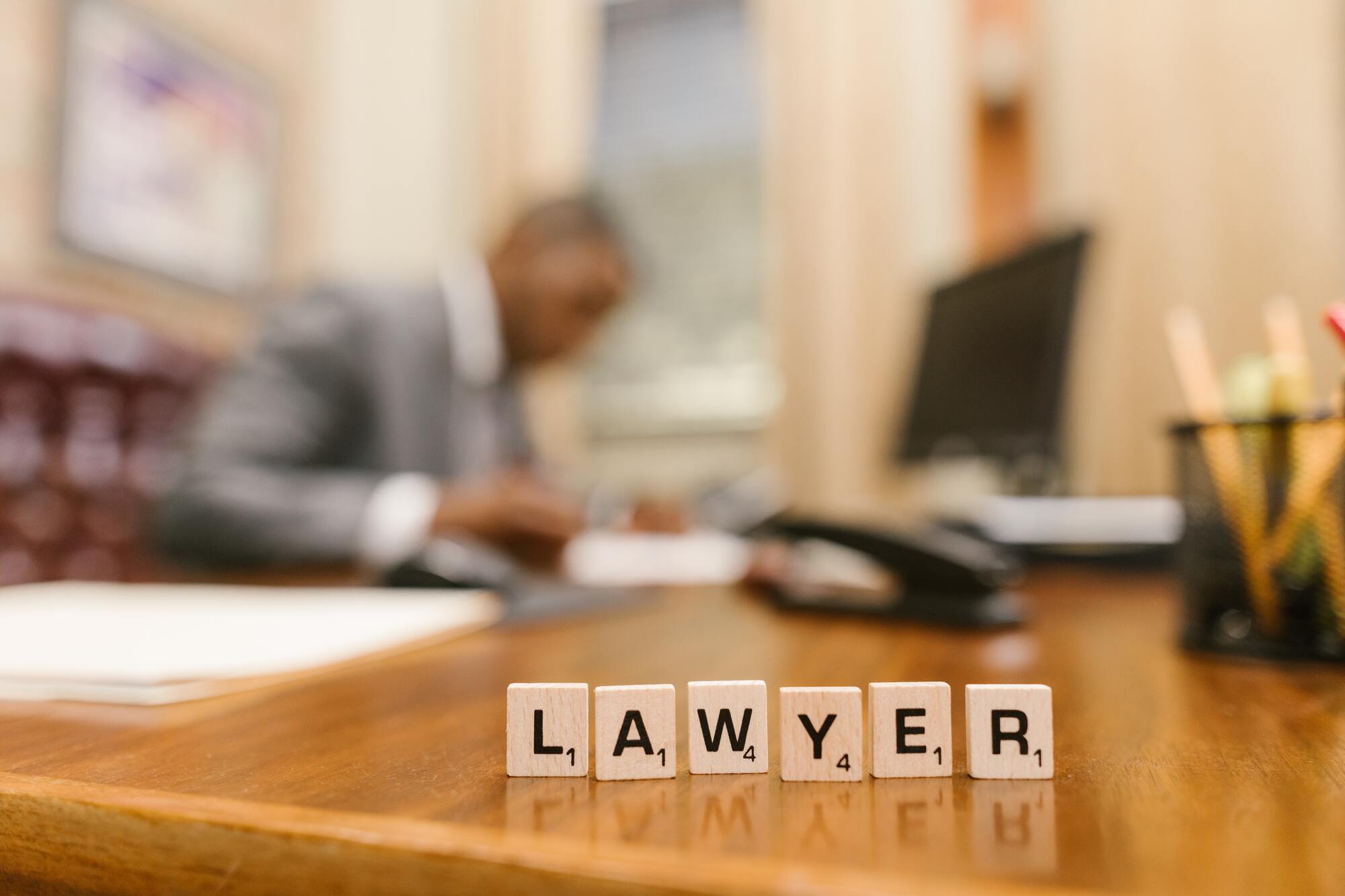Choosing the right trial lawyer can make a significant difference in the outcome of a case. Whether facing criminal charges, a personal injury claim, or a complex business dispute, having a skilled attorney by your side can influence the course of legal proceedings. While experience and education are essential, the most effective trial lawyers possess qualities that go beyond technical expertise. Understanding what sets a great trial lawyer apart can help in making an informed decision when legal representation is needed.
Strong Communication and Persuasion Skills
 One of the most critical qualities of a trial lawyer is the ability to communicate clearly and persuasively. Courtroom arguments require not only legal knowledge but also the skill to articulate complex concepts in a way that is compelling to judges and juries. A great lawyer knows how to present facts, construct persuasive narratives, and counter opposing arguments with confidence. Beyond the courtroom, strong communication skills help in negotiating settlements, interacting with clients, and dealing with opposing counsel.
One of the most critical qualities of a trial lawyer is the ability to communicate clearly and persuasively. Courtroom arguments require not only legal knowledge but also the skill to articulate complex concepts in a way that is compelling to judges and juries. A great lawyer knows how to present facts, construct persuasive narratives, and counter opposing arguments with confidence. Beyond the courtroom, strong communication skills help in negotiating settlements, interacting with clients, and dealing with opposing counsel.
Analytical Thinking and Problem-Solving Ability
An effective trial lawyer must be able to think critically and adapt to unexpected developments in a case. Legal proceedings can be unpredictable, with new evidence or counterarguments emerging at any time. A lawyer with strong analytical skills can quickly assess situations, anticipate potential challenges, and develop strategies to overcome them. The ability to break down complex legal issues and find innovative solutions is what distinguishes an exceptional lawyer from an average one.
Extensive Legal Knowledge and Preparation
Winning a case requires a deep understanding of the law, legal precedents, and courtroom procedures. A skilled trial lawyer invests significant time in researching legal statutes, preparing arguments, and studying case details thoroughly. Every aspect of a case, from evidence gathering to witness cross-examinations, requires meticulous preparation. A lawyer who is well-prepared is more confident in court and better equipped to handle aggressive opposition.
Confidence and Composure Under Pressure
Courtroom proceedings can be intense, requiring a lawyer to think on their feet while maintaining composure. An effective trial lawyer exudes confidence, not just for their own benefit but also to inspire trust in clients and persuade judges and juries. Pressure-filled situations, such as unexpected objections or aggressive cross-examinations, demand a calm and assertive response. A lawyer who remains poised under pressure strengthens their credibility and increases the likelihood of a favorable outcome.
Strong Negotiation Skills
Many legal disputes are resolved through negotiations rather than trials. A great trial lawyer understands when to push for a settlement and when to take a case to court. Negotiating effectively requires a balance between assertiveness and diplomacy. Whether securing a fair compensation for a client or reaching a plea agreement, a lawyer’s ability to negotiate can have a significant impact on the case’s resolution.

Integrity and Ethical Responsibility
An effective trial lawyer operates with honesty, integrity, and a commitment to ethical practices. Upholding legal and ethical standards is essential for building a strong reputation and maintaining trust with clients, judges, and peers. A lawyer who misrepresents facts, engages in unethical conduct, or prioritizes personal gain over client interests risks damaging their credibility. Integrity is not just about following the law but also about demonstrating professionalism and fairness throughout the legal process.
Compassion and Client Dedication
While trial lawyers must be strategic and analytical, they also need to be compassionate toward their clients. Legal battles can be stressful, emotional, and financially draining. A lawyer who genuinely cares about their clients listens to their concerns, provides reassurance, and keeps them informed throughout the case. Dedication to a client’s best interests goes beyond legal representation—it involves offering guidance, support, and transparency at every stage.

